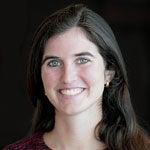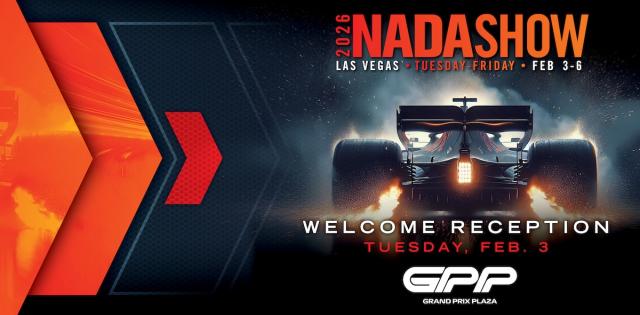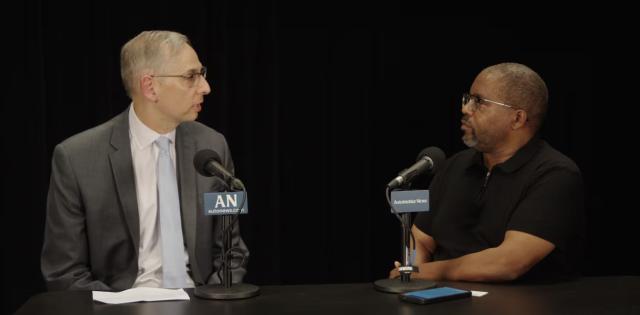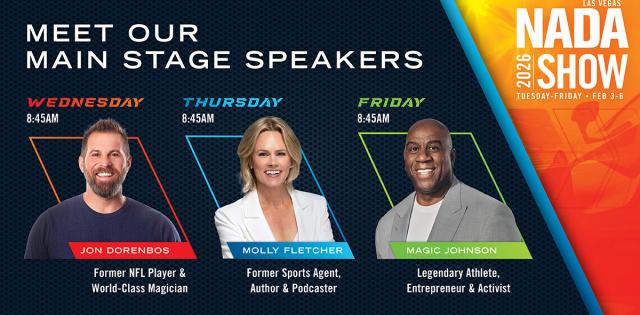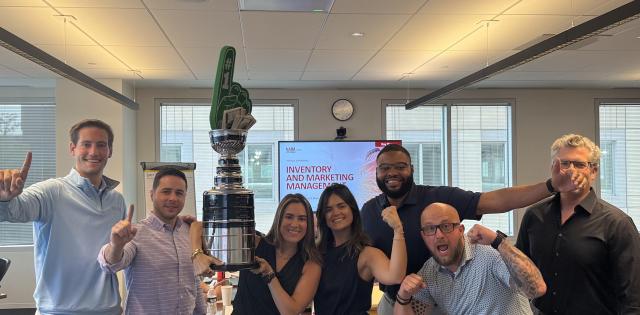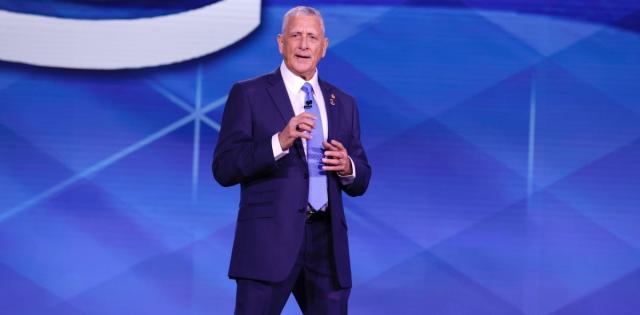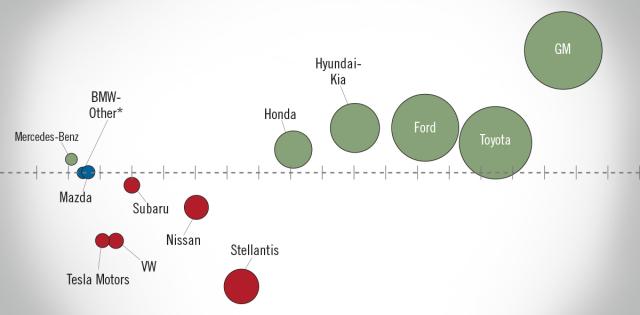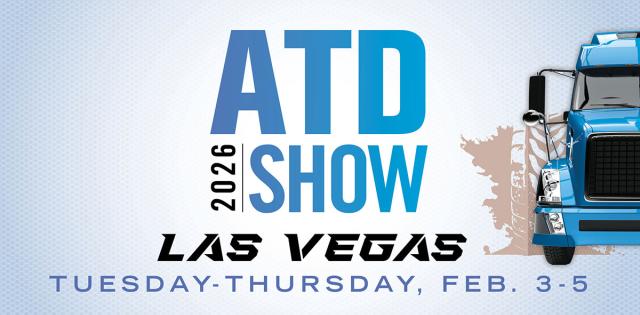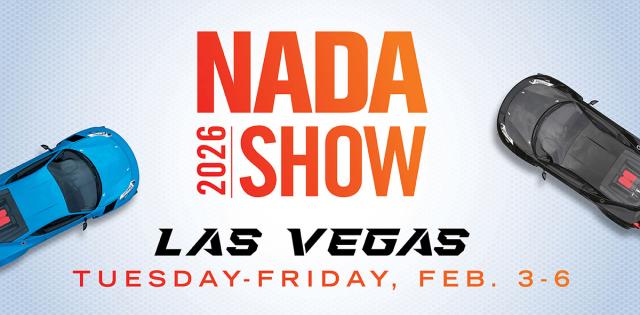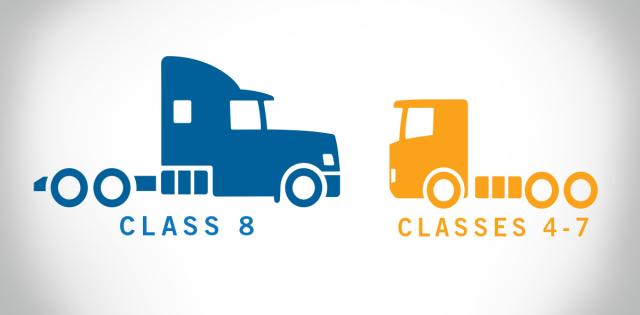The signs and lots may look similar, but auto dealerships are unique, local businesses, reflective of the communities they serve. They are distinguished by their franchises, individual business practices, and ways of giving back to their communities. Dealers and their teams, often locals who were born and raised in the cities and towns where they now work, reflect the diverse populations they serve in ethnicities, race, religions, languages, and backgrounds.
This Native American Heritage Month, NADA celebrates the Indigenous peoples working in dealerships across the country.
Andrea Fuentes grew up in the San Carlos Apache Tribe, a few hours east of Phoenix, Ariz. Now, as a cashier in the Courtesy Chevrolet parts department, she appreciates the importance of local business reflecting the populations they serve.
“I feel like Courtesy does have really good outreach, not just into minorities but into Indigenous peoples,” Andrea said.
Maricopa County, which includes Phoenix and surrounding towns, has an approximately three percent Native American population. And to serve these customers, team members at Courtesy, from the Apache and Navajo tribes, are available to speak with customers in their native languages.
“It is nice to hear Apache,” Andrea said. “It’s nice to hear another language other than English and Spanish.”
Andrea still visits her mother’s side of the family at the San Carlos Apache Reservation, home to over 10,000 people. The reservation was established in 1871 and spans 1.8 million acres across three counties in eastern Arizona.
Andrea is proud of her family and her Native American heritage. She is Mexican on her father side and feels her Apache half often gets overlooked or forgotten. Being in a workplace that supports Indigenous peoples helps her stay connected to her Apache roots.
“As Apaches, we don’t really get talked about that much,” Andrea said. “No one wants to know about my Native American side. I feel like our tribe is dying out, and it would be nice to get more recognition into it.”
For more stories like this, bookmark www.NADAheadlines.org as a favorite in the browser of your choice and subscribe to our newsletter here:

